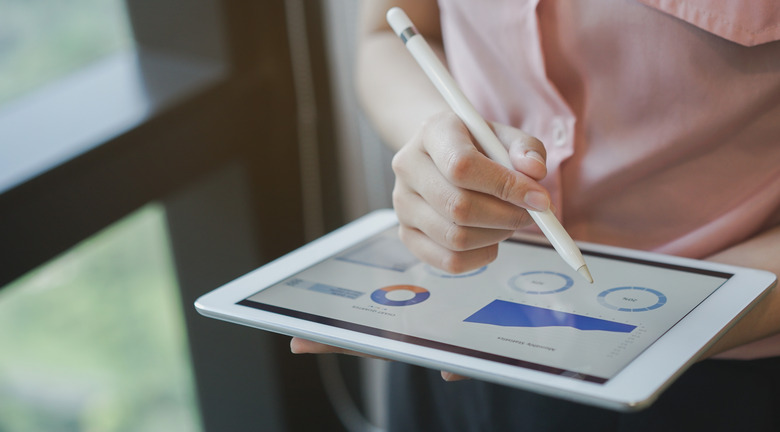What Is An Independent Variable In Quantitative Research?
The foundations of quantitative research are variables and there are three main types: dependent, independent and controlled. The researcher will manipulate an independent variable in an effort to understand its effect on the dependent or controlled variable. In other cases when manipulation is not an option, the independent variable is presumed to have an effect on the dependent variable and is called a "status variable" but often treated as an independent variable. However, to draw precise conclusions about the effects of an independent variable, the scientist must use a controlled variable for consistency.
Definition
Definition
An independent variable is a variable in research that causes a change — or is presumed will cause a change — to other variables in the research conducted. Scientists can control the independent variable to monitor those changes or he can presume a change and look for evidence of those changes to the other variables.
How it Works
How it Works
Let's say a researcher wants to study the growth of coffee beans. The dependent variables of such study include the number of coffee beans used, the weight of the plants, height of the plant, the size of the leaves and time it takes for the plant to mature.
The independent variables will impact the results of the dependent variable. Those variables may include the amount of water present, the use of fertilizer, the amount of fertilizer used, and temperature; the amount of exposure to sunlight will also affect the dependent variables.
Controlled Variable Importance
Controlled Variable Importance
If a scientist wants to monitor how two different types of fertilizer (independent variables) effect the growth of the coffee beans, he will need to control all other variables. First he must use the same kind of coffee beans and the same amount of fertilizer to grow both sets of plants. He will need to make to make sure both sets are exposed to the exactly the same amount of water, sunlight and temperatures. These are all controlled variables for the research.
Status Variable
Status Variable
In some situations a researcher cannot manipulate an independent variable, although it may have an effect on the dependent variable. As a technical term scientists may refer to this independent variable as a status variable, but still treat it as an independent variable to further research and record results.
For example, if a social scientist is attempting a quantitative study on cigarette smoking and lung cancer, he cannot manipulate ethnicity of gender of individual subjects; although he suspects both independent variables may affect the body's reaction to cigarette smoking. These are labeled as status variables and the scientist may look for consistent effects in both gender and ethnicity, while comparing those results to other ethnicities and the opposite gender, to ascertain the impact of the independent variable.
References
Cite This Article
MLA
Wills, Kenneth W. Michael. "What Is An Independent Variable In Quantitative Research?" sciencing.com, https://www.sciencing.com/independent-variable-quantitative-research-10005133/. 29 July 2011.
APA
Wills, Kenneth W. Michael. (2011, July 29). What Is An Independent Variable In Quantitative Research?. sciencing.com. Retrieved from https://www.sciencing.com/independent-variable-quantitative-research-10005133/
Chicago
Wills, Kenneth W. Michael. What Is An Independent Variable In Quantitative Research? last modified March 24, 2022. https://www.sciencing.com/independent-variable-quantitative-research-10005133/
